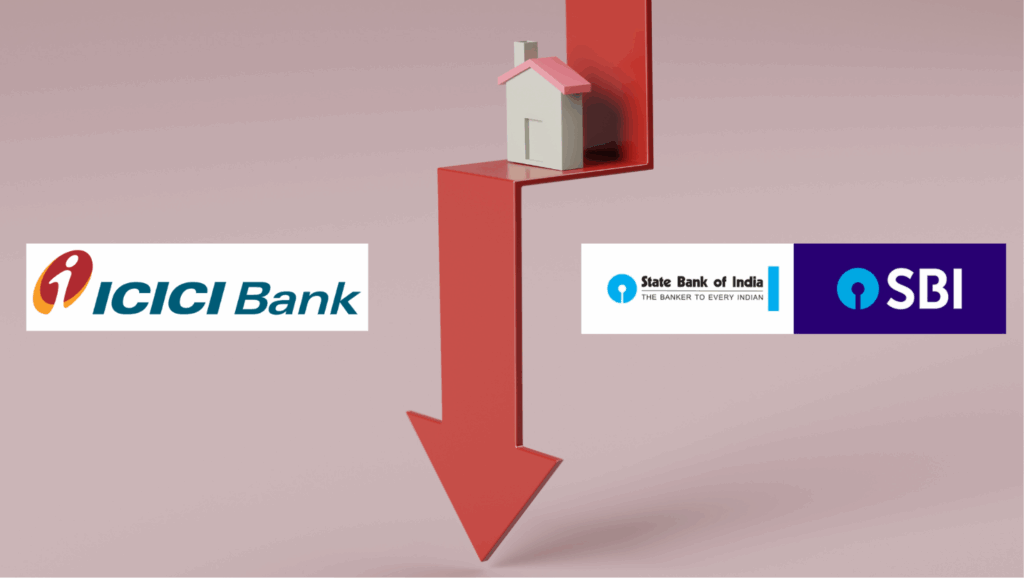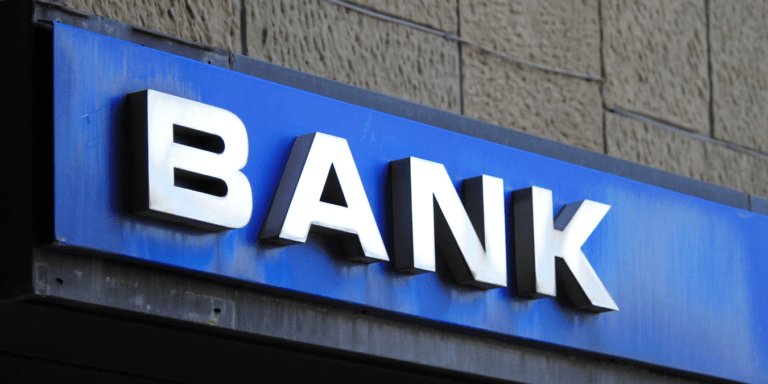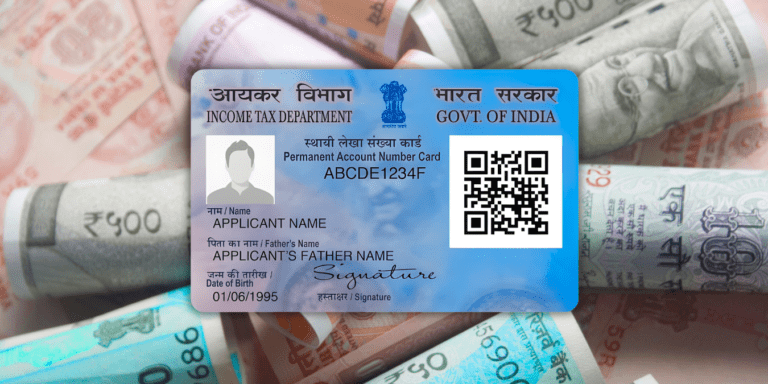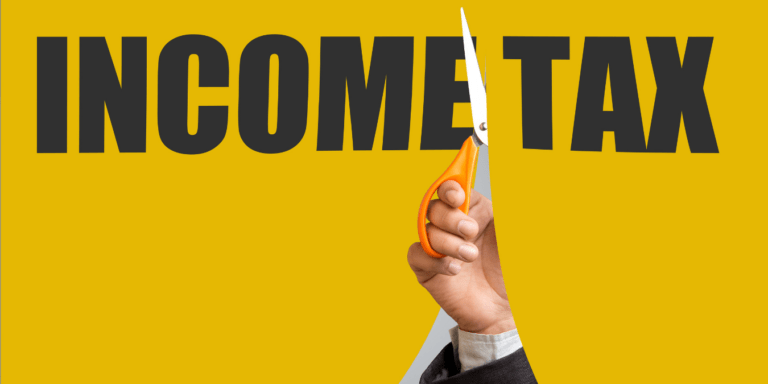
The Union Budget 2025, presented by Finance Minister Nirmala Sitharaman, has introduced groundbreaking reforms in the Tax Deducted at Source (TDS) and Tax Collected at Source (TCS) provisions. These reforms aim to simplify tax compliance, reduce the financial burden on taxpayers, and stimulate economic growth. By addressing key pain points in the existing tax system, the government has sought to create a more efficient, transparent, and taxpayer-friendly environment. This detailed analysis explores the major changes, their implications, and how they will impact individual taxpayers and businesses.
“How Budget 2025’s TDS and TCS reforms simplify taxes, boost disposable income, and ease compliance for individuals and businesses. Learn about reduced rates, increased thresholds, and exemptions for middle-class taxpayers and small businesses. Stay informed and maximize benefits from these transformative changes!”
The Union Budget 2025 marks a significant milestone in India’s tax policy landscape. Recognizing the challenges faced by taxpayers, particularly the middle class and small businesses, the government has introduced a series of reforms in TDS and TCS provisions. These changes are part of a broader strategy to enhance the ease of doing business, reduce compliance burdens, and promote economic growth. By lowering tax rates, increasing thresholds, and simplifying procedures, the Budget aims to provide relief to taxpayers while ensuring a robust and efficient tax system.
Key Reforms in TDS
- Reduction in TDS Rates
One of the most notable changes in Budget 2025 is the reduction in TDS rates across various categories. For example:- The TDS rate on income from investments in securitization trusts has been reduced from 25% to 10% for all payees.
- The TDS rate on timber produce has been lowered from 2.5% to 2%.
These reductions are expected to increase the disposable income of taxpayers and encourage investment in key sectors.
- Increase in TDS Thresholds
To reduce the compliance burden on small taxpayers, the Budget has raised the thresholds for TDS applicability. Key changes include:- The threshold for TDS on interest on securities has been increased from nil to INR 10,000.
- The threshold for TDS on rent has been revised from INR 2.4 lakh per annum to INR 50,000 per month.
These adjustments will significantly reduce the number of transactions subject to TDS, benefiting both individuals and businesses.
- Exemptions for Small Taxpayers
In a move to support the middle class, the Budget has introduced exemptions for small taxpayers. For instance:- Individuals earning up to INR 12 lakh annually will no longer be subject to TDS.
This exemption is expected to increase disposable income, boost consumption, and encourage savings among middle-class taxpayers.
- Individuals earning up to INR 12 lakh annually will no longer be subject to TDS.
- Simplification of TDS Procedures
To make compliance easier, the government has introduced several procedural simplifications:- A single-window system for TDS compliance has been launched, streamlining the process for taxpayers.
- The process of filing TDS returns has been simplified, reducing the administrative burden on businesses and individuals.
Key Reforms in TCS
- Reduction in TCS Rates
The Budget has also focused on reducing TCS rates to ease the financial burden on businesses and individuals. Notable changes include:- The TCS rate on remittances under the Liberalized Remittance Scheme (LRS) for education purposes has been reduced from 0.5% to nil.
- The TCS rate on the sale of goods has been lowered from 0.1% to nil.
These reductions are expected to improve cash flow for businesses and reduce costs for individuals making overseas remittances.
- Increase in TCS Thresholds
The Budget has raised the thresholds for TCS applicability, reducing the number of transactions subject to TCS. Key changes include:- The threshold for TCS on remittances under LRS has been increased from INR 7 lakh to INR 10 lakh.
- This change will benefit individuals making large remittances for education, travel, or other purposes.
- Exemptions for Small Businesses
To support small businesses, the Budget has introduced exemptions from TCS. For example:- Businesses with an annual turnover of less than INR 1 crore will no longer be subject to TCS.
This exemption is expected to reduce compliance costs and improve cash flow for small businesses, enabling them to invest in growth and expansion.
- Businesses with an annual turnover of less than INR 1 crore will no longer be subject to TCS.
- Simplification of TCS Procedures
The government has also taken steps to simplify TCS compliance:- A single-window system for TCS compliance has been introduced, making it easier for businesses to adhere to the provisions.
- The process of filing TCS returns has been streamlined, reducing the administrative burden on businesses.
The reforms introduced in Budget 2025 are expected to have far-reaching implications for taxpayers and the economy:
- Increased Disposable Income
The reduction in TDS rates and the increase in thresholds will result in higher disposable income for individuals, particularly the middle class. This is expected to boost consumption and savings, driving economic growth. - Improved Cash Flow for Businesses
The reduction in TCS rates and the increase in thresholds will improve cash flow for businesses, especially small and medium enterprises (SMEs). This will enable them to invest in operations, expand their businesses, and create jobs. - Simplified Compliance
The simplification of TDS and TCS procedures will reduce the compliance burden on taxpayers and businesses. This is expected to improve the overall efficiency of the tax system and encourage greater compliance. - Widening of the Tax Base
By increasing thresholds and reducing rates, the reforms are expected to bring more transactions under the tax net. This will help widen the tax base, increase tax revenues, and reduce tax evasion.
The TDS and TCS reforms introduced in the Union Budget 2025 represent a significant step forward in simplifying India’s tax system and reducing the compliance burden on taxpayers. By lowering rates, increasing thresholds, and simplifying procedures, the government has provided much-needed relief to the middle class and small businesses. These reforms are expected to boost disposable income, improve cash flow, and stimulate economic growth.
As taxpayers adapt to these changes, it is essential to stay informed and ensure compliance with the new provisions. The Budget 2025 has set the stage for a more efficient, transparent, and taxpayer-friendly tax system, paving the way for sustained economic growth and development. By understanding and leveraging these reforms, individuals and businesses can better manage their finances and contribute to the nation’s progress.
-
Gold and silver rates today: Latest Rates in all Major Cities February 17, 2026
Gold and silver rates in India on February 17, 2026, show a continued dip amid global uncertainties, making
-
Tax Professionals Reveal: The Real Reason Your Refund Takes Longer Than IRS Says
Filed early but still waiting? The IRS is legally holding millions of refunds until March 2—even for January
































